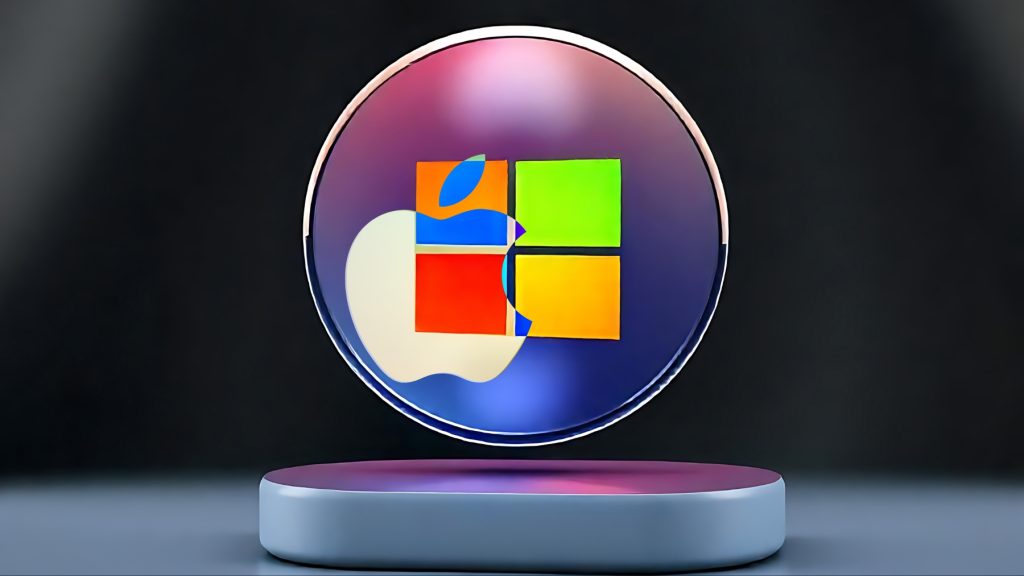
In November 19, Morgan Stanley analysis revealed that institutional investors under-owned Microsoft by 2.08% relative to its S&P 500 weighting, despite an increase in large-cap AI-driven stocks ownership during the third quarter (Q3).
Morgan Stanley’s analysis shed light on how under-owned Megacap stocks often experience technical rebounds as active ownership rises. Currently, Microsoft is the most under-owned mega-cap tech stock suggesting future gains despite its current underperformance.
The Big Tech giant’s under-ownership suggests potential future gains as investors adjust their portfolios, according to Investing.
Growth and Supply Issues
On November 14, Microsoft warned of delays in delivering key data center infrastructure due to continued supply chain disruptions. Such hurdles are likely to affect the company’s ability to meet demand in its fiscal second quarter (Q2), heaving investors’ concerns about AI-driven stocks.
Despite these hurdles, Microsoft continues to heavily pump money in AI and cloud infrastructure, with nearly all of its $19 billion capital expenditures focused on these specific areas, magnifying investors’ fears about margins and profitability, according to the Financial Times.
Apple often seen as a rival to Microsoft in the Megacap tech stocks space, is the second most under-owned stock in this category. For a company often considered a leader in the market, Apple has only realized an 18% gain this year – slight underperformance compared to the broader market.
This, too, reflects the cautious tone set by institutions even toward the most prominent mega-cap stocks and adds another layer of complexity to the tech sectors’ performance narrative.
Pressured Tech Stocks Are Over-Owned
Intuit, the parent company of TurboTax, represented the most over-owned tech stock by institutional investors. This concentration raised many flags, with a warning from Morgan Stanley that it could result in massive downward pressure on the stock.
Due to the news, Intuit’s stock plummeted over 5% following reports that the incoming Donald Trump administration is currently considering a free tax-filing mobile app, which would directly challenge Intuit’s business model.
This year, Intuit stock saw only a 3% rise, implying challenges in maintaining momentum, even among the broader Magnificent Seven megacap tech stocks.
Adobe, another leading mega-cap stock, has dealt with its challenges after it issued fourth-quarter guidance below consensus expectations, triggering a sell-off. As a result, Adobe’s shares have dropped almost 17% this year alone, highlighting more struggles, mirroring some of the Big Tech Magnificent megacap stock.
This underperformance, coupled with market skepticism, indicates that institutional over-ownership may be participating to the vulnerabilities of certain stocks.
The mixed performance of top players like Microsoft, Apple, Intuit, and Adobe highlights a shifting tide in the technology sector. Ownership patterns of institutional investors in these AI-driven stocks have already become a game-changer, and the impact on market dynamics continues to unfold.
Inside Telecom provides you with an extensive list of content covering all aspects of the tech industry. Keep an eye on our Tech sections to stay informed and up-to-date with our daily articles.